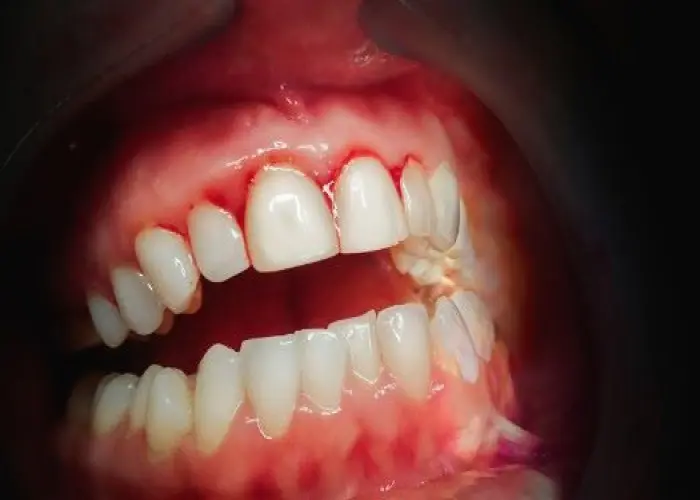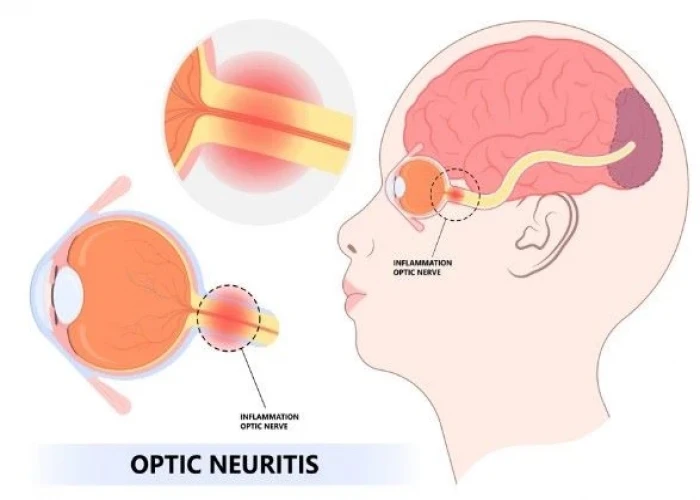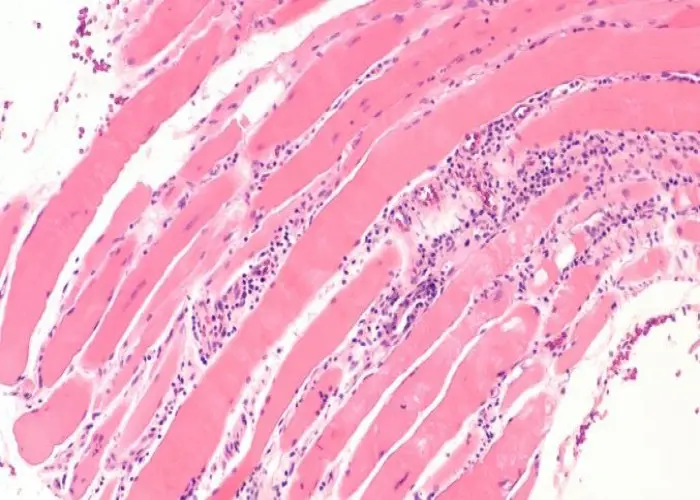 Welcome
Welcome
“May all be happy, may all be healed, may all be at peace and may no one ever suffer."
Oppositional defiant disorder (ODD)

Oppositional defiant disorder (ODD) is a behavioral disorder that typically develops in childhood and is characterized by a persistent pattern of angry or irritable mood, argumentative or defiant behavior, and vindictiveness. Children with ODD often have difficulty following rules, respecting authority figures, and getting along with peers or family members.
Symptoms of ODD may include:
- Frequent temper tantrums or outbursts of anger
- Refusal to comply with adult requests or rules
- Deliberate attempts to annoy or upset others
- Blaming others for their own mistakes or misbehavior
- Often feeling angry, resentful, or spiteful
- Easily losing their temper
- Engaging in spiteful or vindictive behavior
The exact causes of ODD are not well understood, but may include a combination of genetic, environmental, and social factors. Risk factors for ODD may include a family history of behavioral or mood disorders, exposure to violence or abuse, inconsistent or harsh parenting, and poor social skills.
Treatment for ODD may involve a combination of medication and therapy. Medications may be used to manage symptoms of co-occurring conditions such as ADHD or depression. Behavioral therapy, such as parent training, family therapy, or cognitive-behavioral therapy (CBT), can help children and their families learn new strategies for managing anger and improving communication and social skills.
Early intervention and treatment for ODD can improve outcomes and help prevent the development of more serious behavioral or emotional problems later in life. It is important for children with ODD to receive ongoing support and monitoring from mental health professionals, parents, and educators.
Research Papers
Disease Signs and Symptoms
- Unusual behavior
- Irritability
- Depression, anxiety and irritability
- Excessive anger
Disease Causes
Oppositional defiant disorder (ODD)
There's no known clear cause of oppositional defiant disorder. Contributing causes may be a combination of inherited and environmental factors, including:
- Genetics — a child's natural disposition or temperament and possibly neurobiological differences in the way nerves and the brain function
- Environment — problems with parenting that may involve a lack of supervision, inconsistent or harsh discipline, or abuse or neglect
Disease Prevents
Oppositional defiant disorder (ODD)
There's no guaranteed way to prevent oppositional defiant disorder. However, positive parenting and early treatment can help improve behavior and prevent the situation from getting worse. The earlier that ODD can be managed, the better.
Treatment can help restore your child's self-esteem and rebuild a positive relationship between you and your child. Your child's relationships with other important adults in his or her life — such as teachers and care providers — also will benefit from early treatment.
Disease Treatments
Treatment for oppositional defiant disorder primarily involves family-based interventions, but it may include other types of psychotherapy and training for your child — as well as for parents. Treatment often lasts several months or longer. It's important to treat any co-occurring problems, such as a learning disorder, because they can create or worsen ODD symptoms if left untreated.
Medications alone generally aren't used for ODD unless your child also has another mental health disorder. If your child has coexisting disorders, such as ADHD, anxiety or depression, medications may help improve these symptoms.
The cornerstones of treatment for ODD usually include:
- Parent training. A mental health professional with experience treating ODD may help you develop parenting skills that are more consistent, positive and less frustrating for you and your child. In some cases, your child may participate in this training with you, so everyone in your family develops shared goals for how to handle problems. Involving other authority figures, such as teachers, in the training may be an important part of treatment.
- Parent-child interaction therapy (PCIT). During PCIT, a therapist coaches parents while they interact with their child. In one approach, the therapist sits behind a one-way mirror and, using an "ear bug" audio device, guides parents through strategies that reinforce their child's positive behavior. As a result, parents learn more-effective parenting techniques, the quality of the parent-child relationship improves, and problem behaviors decrease.
- Individual and family therapy. Individual therapy for your child may help him or her learn to manage anger and express feelings in a healthier way. Family therapy may help improve your communication and relationships and help members of your family learn how to work together.
- Cognitive problem-solving training. This type of therapy is aimed at helping your child identify and change thought patterns that lead to behavior problems. Collaborative problem-solving — in which you and your child work together to come up with solutions that work for both of you — can help improve ODD-related problems.
- Social skills training. Your child may also benefit from therapy that will help him or her be more flexible and learn how to interact more positively and effectively with peers.
As part of parent training, you may learn how to manage your child's behavior by:
- Giving clear instructions and following through with appropriate consequences when needed
- Recognizing and praising your child's good behaviors and positive characteristics to promote desired behaviors
Although some parenting techniques may seem like common sense, learning to use them consistently in the face of opposition isn't easy, especially if there are other stressors at home. Learning these skills will require routine practice and patience.
Most important in treatment is for you to show consistent, unconditional love and acceptance of your child — even during difficult and disruptive situations. Don't be too hard on yourself. This process can be tough for even the most patient parents.
Disease Diagnoses
Disease Allopathic Generics
Disease Ayurvedic Generics
Disease Homeopathic Generics
Disease yoga
Oppositional defiant disorder (ODD) and Learn More about Diseases

Gingivitis

Jet lag disorder

Optic neuritis

Arthritis

Scarlet fever

Hypereosinophilic syndrome

Dermatomyositis

Ventricular fibrillation
oppositional defiant disorder, odd, বিরোধী ডিফ্যান্ট ডিসঅর্ডার, ওডিডি
To be happy, beautiful, healthy, wealthy, hale and long-lived stay with DM3S.
